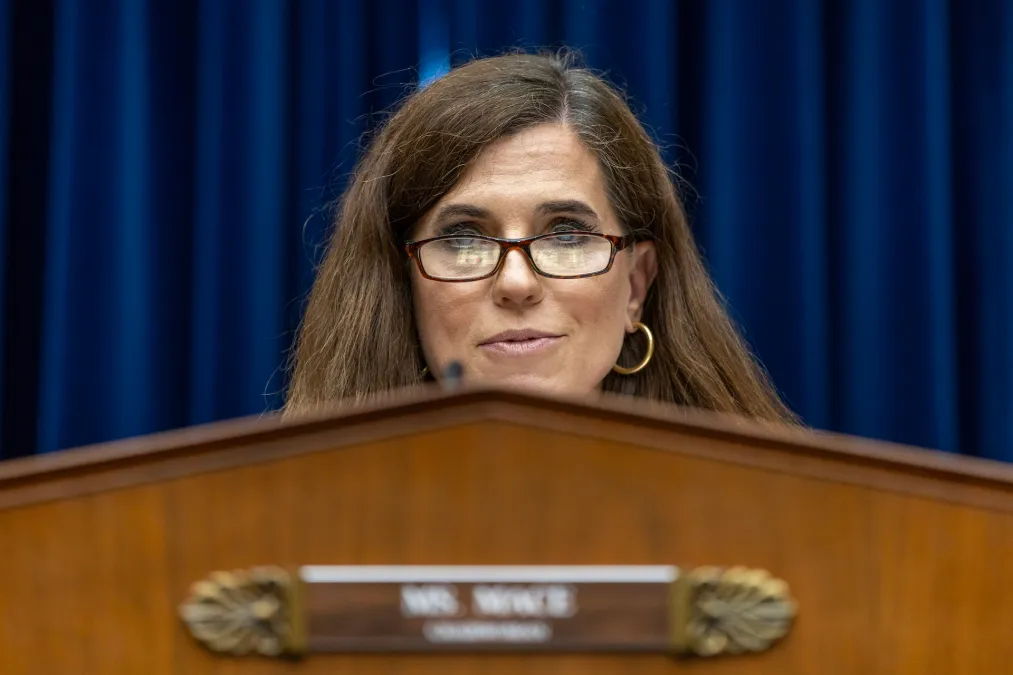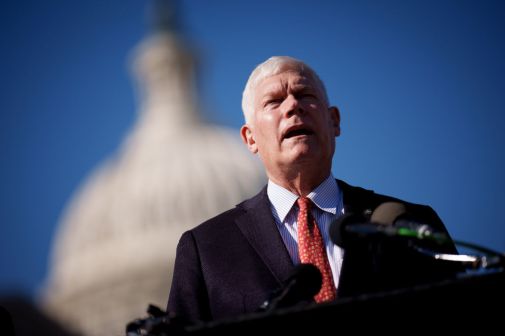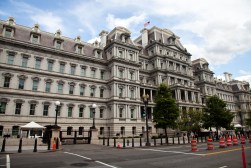Bipartisan House bill to modernize government data would extend CDO Council

Congressional efforts to extend the Chief Data Officer Council past the end of the year got a boost Monday when a bipartisan House bill was introduced as the companion to earlier Senate legislation.
The Modernizing Data Practices to Improve Government Act (H.R. 10151), introduced by Reps. Summer Lee, D-Pa., and Nancy Mace, R-S.C., calls for an extension to the council’s lifespan until 2031, while also requiring the CDO Council to report to Congress about data governance challenges that prevent the adoption of emerging tech across the federal landscape. Sens. Gary Peters, D-Mich., and Todd Young, R-Ind., introduced the Senate version of this bill in September.
Unlike its Senate companion, this House bill would not require the appointment of a representative chief AI officer to the council. But it also would require the director of the Office of Management and Budget — in concert with the CDO Council — to make publicly available an “identification of resources needed by [CDOs], including to support the adoption of artificial intelligence at agencies.”
One year after the legislation is implemented, the bill would require that the council submit a report that includes “recommendations and best practices for agencies on developing data assets, data governance policies and infrastructure to enable adoption, maintenance, use and interoperability of emerging technology and artificial intelligence.”
The report would also assess ways to “strengthen and clarify” roles and responsibilities of senior agency officials regarding data governance and offer criteria that agencies should consider when they use data to train AI. Additionally, it would address the identification of data that is available to one or more agencies that would “benefit other agencies if the data were shared or made accessible to such other agencies.”
The OMB director, under both versions of the legislation, would be able to issue guidance to agencies “with respect to the implementation for the recommendations of the report.
The original statute that created the CDO Council — the OPEN Government Data Act within the Foundations for Evidence-Based Policymaking Act of 2018 — required OMB to issue guidance often referred to as “Phase II guidance,” which would have assisted agencies to implement open data and comprehensive data inventory requirements.
FedScoop previously reported that OMB was looking to issue the guidance by the end of this month. In an interview on the sidelines of the ACT-IAC CX Summit last week, federal CIO Clare Martorana said that she “cannot confirm nor deny” that the guidance is on its way.






